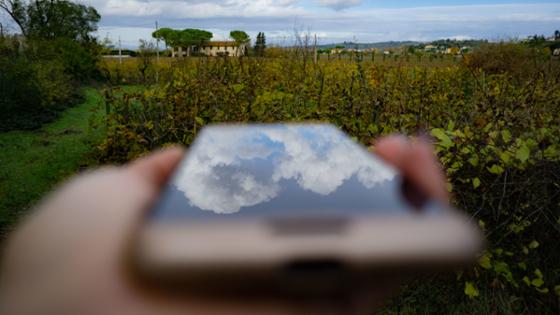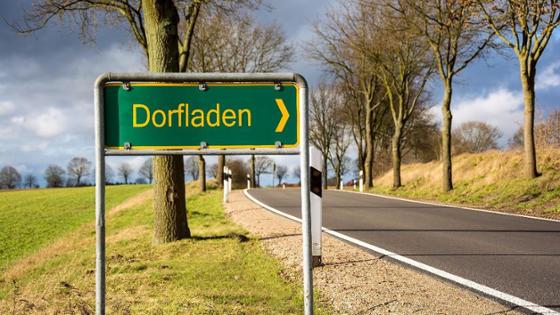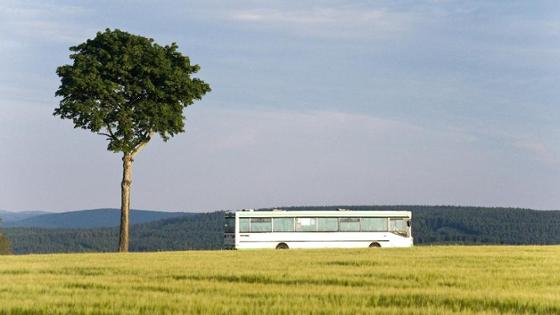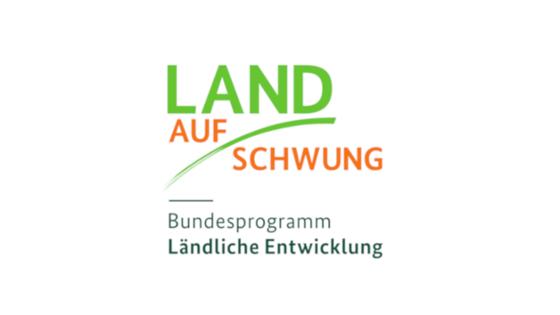Recreation and culture: LandKULTUR – funding for 260 projects in rural regions
Interesting cultural activities and a wide range of possibilities for developing cultural life are important location factors for villages and municipalities. Cultural activities, just like local amenities, medical care, educational facilities, care facilities and transport infrastructure, are of vital importance for the attractiveness of rural areas as places to live and work.
The Federal Ministry of Food and Agriculture (BMEL) therefore launched the “LandKULTUR” aid scheme in 2017. The aim was to strengthen cultural activities and participation in rural areas and to thus enhance the attractiveness of people’s living environments. “LandKULTUR” and the sponsored projects are one element in the Federal Rural Development Scheme, which is implemented by the Rural Development Competence Centre on behalf of the BMEL. The scheme looked for exemplary ideas involving new cultural formats and activities. This included, for example, new approaches regarding contemporary cultural infrastructure in rural areas and also cultural projects, initiatives, institutions and activities that were deemed exemplary.
Strong interest in the "LandKULTUR" programme: more than 260 projects funded
The announcement met with a huge response. In total, the Rural Development Competence Centre (KomLE) received more than 900 project outlines by the submission deadline of July 2017. In autumn 2019, roughly 260 of these projects began to be implemented across Germany and are scheduled to run for 1-3 years. The funds provided range from 10,000 euros to a maximum of 100,000 euros.
A broad range of cultural topics
The projects address a broad range of topics: while 22 percent of the projects focus on the performing arts, 23 percent address various cultural topics. Another 15 percent of the projects focus on popular culture and cultural education. The other projects focus on the following fields: "museums, libraries and archives", "building culture, landmark protection and preservation", "music", "visual arts", "film and television, radio and media" and "literature and press".
The following projects are examples that highlight the commitment and the diversity of ideas regarding cultural life and participation in rural areas.
- The “ZwischenSpielRaum” project fills vacant properties in the Northern Oberpfalz region with cultural activities. For three to six months, these venues host performances by the Oberpfalz Land theatre and thus also attract audiences from neighbouring communities and other regions to the venue and the project community. They also become venues for village theatre projects, encouraging local people to act and tell their own stories. In addition, the venues are available to local cultural operators as public performance venues to support and display their commitment.
- The “BILDET LandKULTUREN!” programme is a further education and mentoring project for cultural operators and initiatives in rural Thuringia. The project aims to strengthen the potential of the rural population's own initiative, active participation in cultural activities and the diversity of rural cultural life. The aim is to further train and professionalise citizens who volunteer in rural communities. It is intended that the volunteer cultural workers trained by the project then disseminate the knowledge and skills they have acquired in their associations and regions. They are not only project participants but also multipliers.
- By performing "Der Gerechte” ("The Just"), the Odenwald Theatre School is focusing civic spirit and regional pride using the example of a Mr. and Mrs. List. The production is being realised by a cross-generational project group of 30 volunteer actors. Two open-air performances are planned. As a side event, the making of the theatre production – especially the research into the story of Mr. and Mrs. List and the concept developed for the performance – will be presented in an exhibition at the District Commissioner's office of the Odenwald District in Erbach. In November 1941, Mr. and Mrs. List protected Ferdinand Strauss, a young Jewish man, from Nazi persecution.
Evaluation of the model projects
The insights and outcomes from the projects are to be published and used for comparable projects in other regions so that rural areas as a whole will benefit. The BMEL will draw conclusions from the experiences of the model projects after their evaluation and make recommendations for further policy guidance. Furthermore, these conclusions are to inform possible future priorities in regular rural development support.







